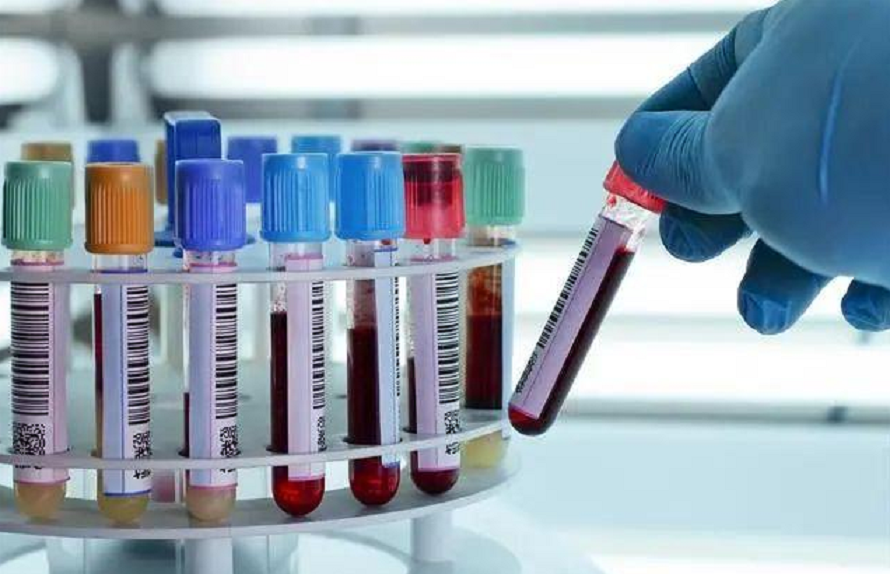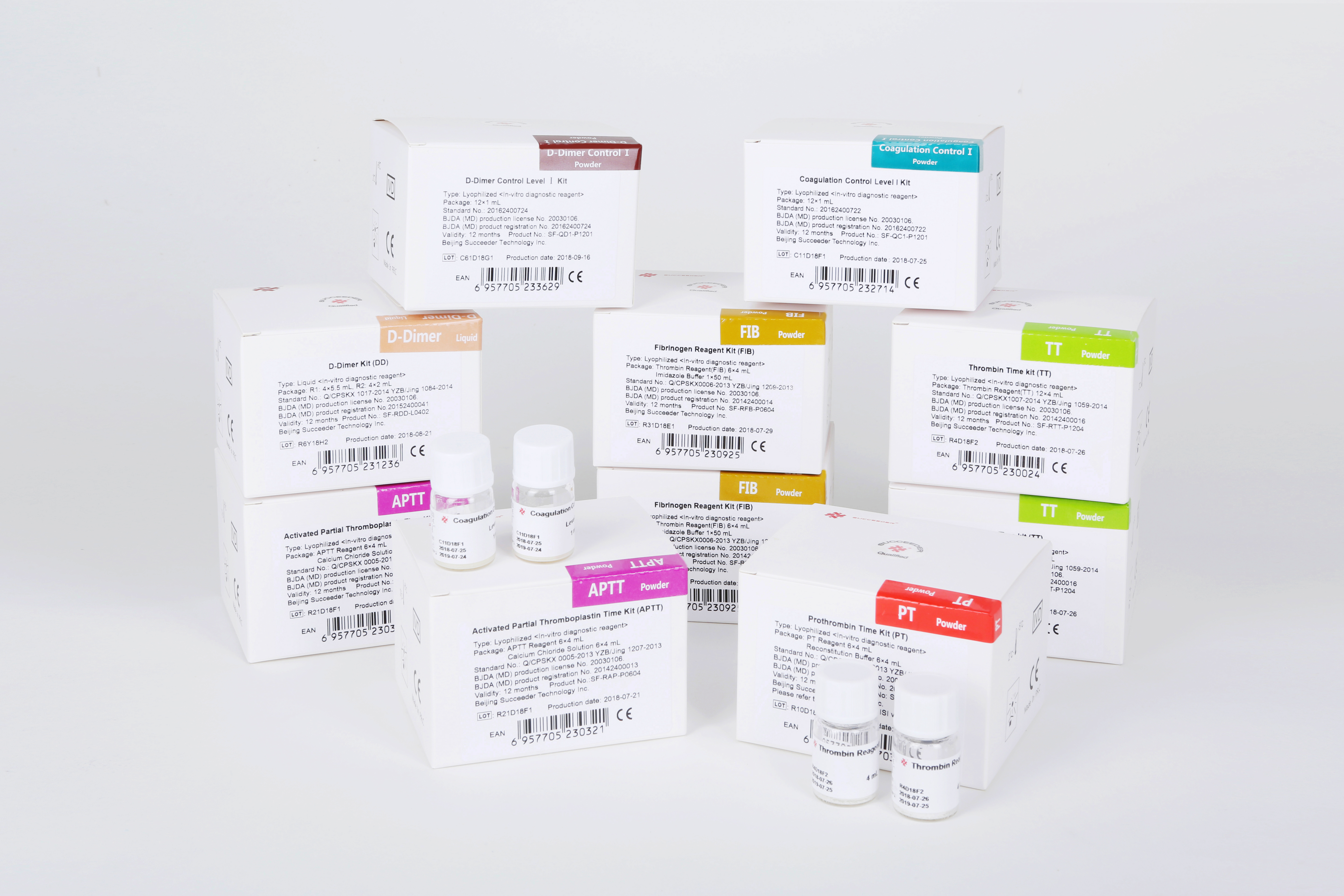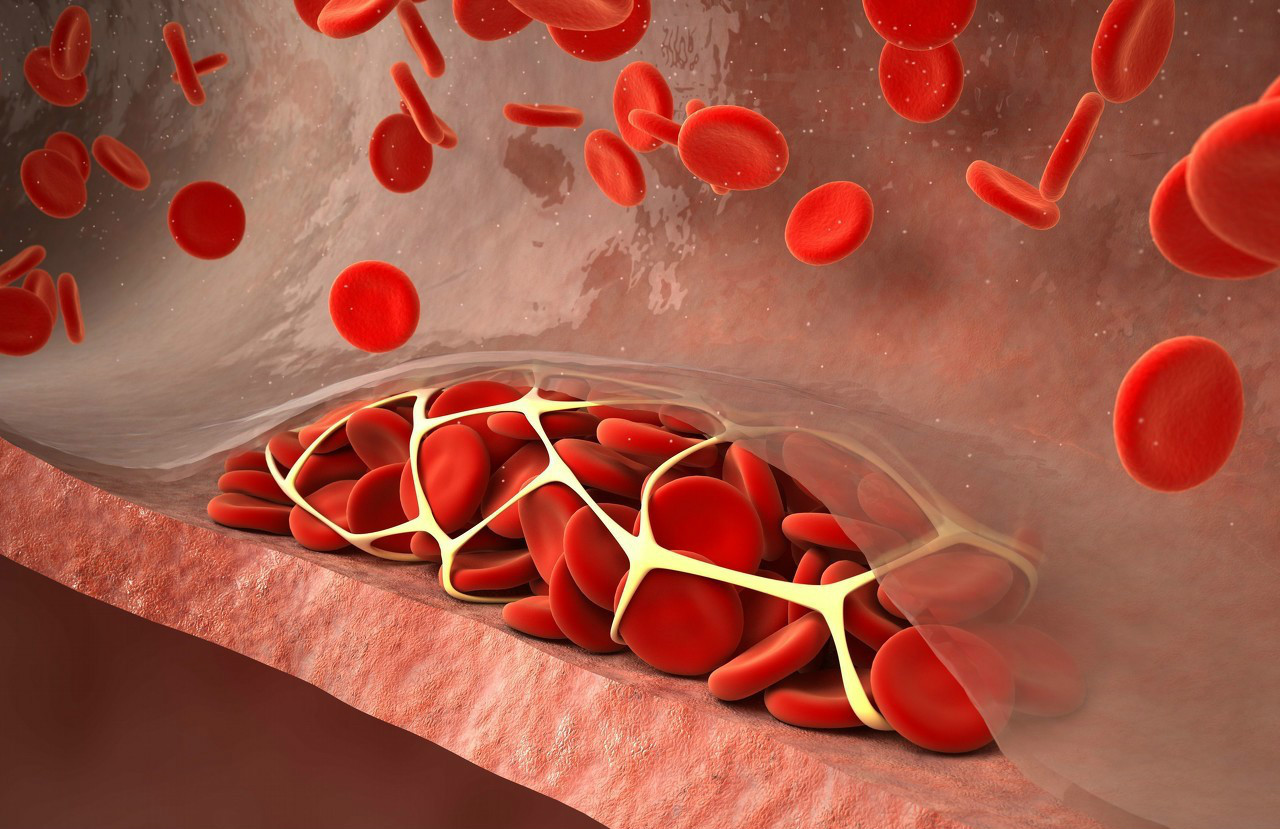-

Which fruits contain the most vitamin K2?
Vitamin K2 is an indispensable nutritional element in the human body, which has the effects of anti-osteoporosis, anti-arterial calcium, anti-osteoarthritic and strengthening the liver. The fruits with the most vitamin K2 mainly include apples, kiwifruit and bananas. The...Read more -

What are the symptoms of vitamin K deficiency?
K deficiency generally refers to lack of vitamin K. Vitamin K is very powerful, not only in strengthening bones and protecting vascular flexibility, but also in preventing arteriosclerosis and bleeding diseases. Therefore, it is necessary to ensure the adequacy of vitami...Read more -

What can the lack of vitamin D cause?
Lack of vitamin D may affect bones and increase the risk of rickets, osteomalacia and other diseases. Besides, it may also affect physical development. 1. Affect bone: Regular picky or partial food in daily life may lead to gradual osteoporosis of bone, thus affecting bo...Read more -

What pills can I drink to stop bleeding?
Rapid hemostatic drugs include topical drugs such as Yunnan White Drug; Injectable drugs, such as hemostasis and vitamin K 1; Chinese herbal medicines, such as wormwood and acacia. The powder of Yunnan White Drug contains panax notoginseng powder, which can quickly stop ...Read more -

Which vitamin stops bleeding?
Vitamins with hemostatic functions generally refer to vitamin K, which can promote blood clotting and prevent bleeding. Vitamin K is generally divided into four types, namely, vitamin K1, vitamin K2, vitamin K3 and vitamin K4, which have a certain hemostatic effect. The ...Read more -

What blood tests are done for bleeding disorders?
The tests required for hemorrhagic diseases include physical examination, laboratory examination, quantitative immunologic test, chromosome and genetic test. I. Physical examination Observation of the location and distribution of bleeding, whether there is hematoma, pete...Read more








 Business card
Business card Chinese WeChat
Chinese WeChat English WeChat
English WeChat